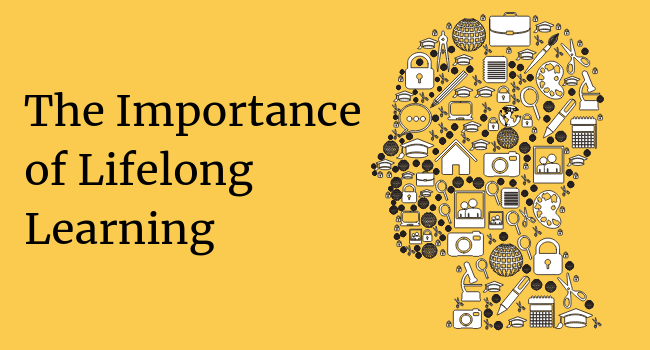Education has always been central to human progress, but the methods of delivering it have evolved drastically. Today, the debate between online and traditional learning is more relevant than ever. Each has its strengths and challenges, and the choice depends on individual preferences and circumstances.
Flexibility is the biggest advantage of online learning. Students can attend classes from anywhere, review recorded lectures, and learn at their own pace. This makes it ideal for working professionals, parents, or anyone balancing multiple responsibilities. Online platforms also offer diverse options, from short courses to full university degrees.
On the other hand, traditional learning provides structure and discipline. Being physically present in classrooms promotes face-to-face interaction with teachers and peers, which enhances engagement. Group projects, discussions, and campus activities also contribute to personal and social growth.
However, online learning can suffer from distractions, lack of motivation, and limited networking opportunities. Meanwhile, traditional learning may be expensive, less flexible, and geographically restrictive.
The best approach may be a blended model that combines both. Many institutions now offer hybrid programs, integrating online flexibility with classroom experiences.
In conclusion, neither method is universally better. The right choice depends on an individual’s lifestyle, goals, and learning style. Ultimately, the evolution of education lies in merging the best of both worlds.

